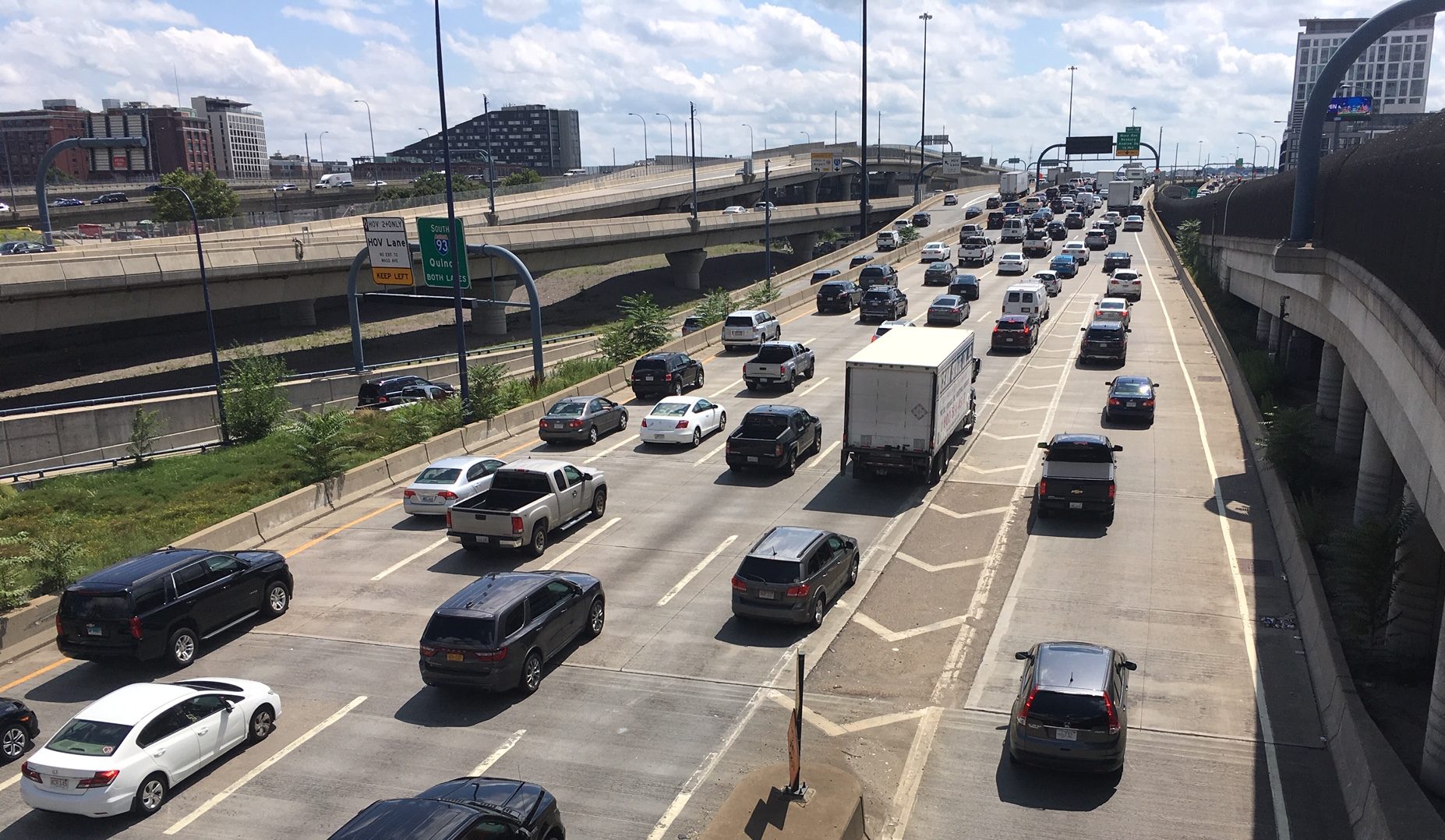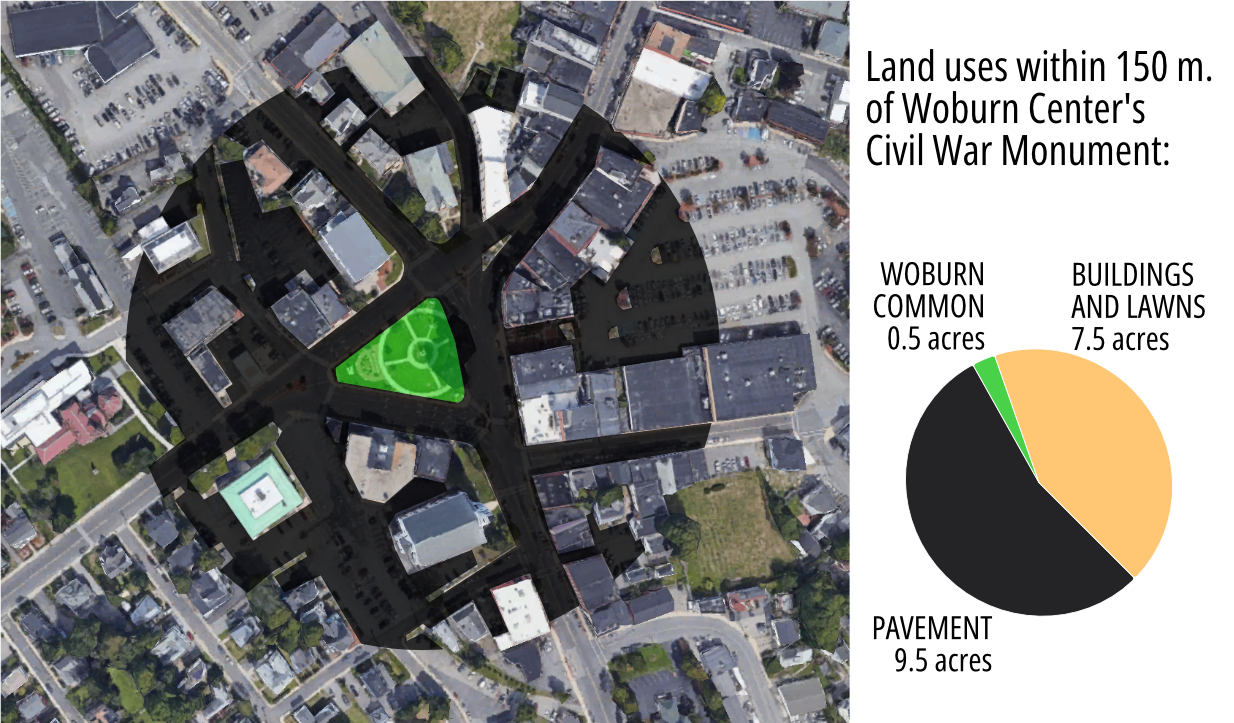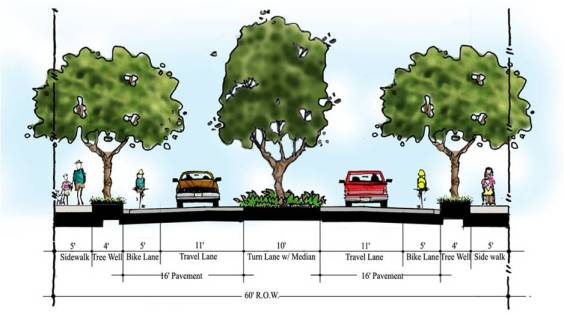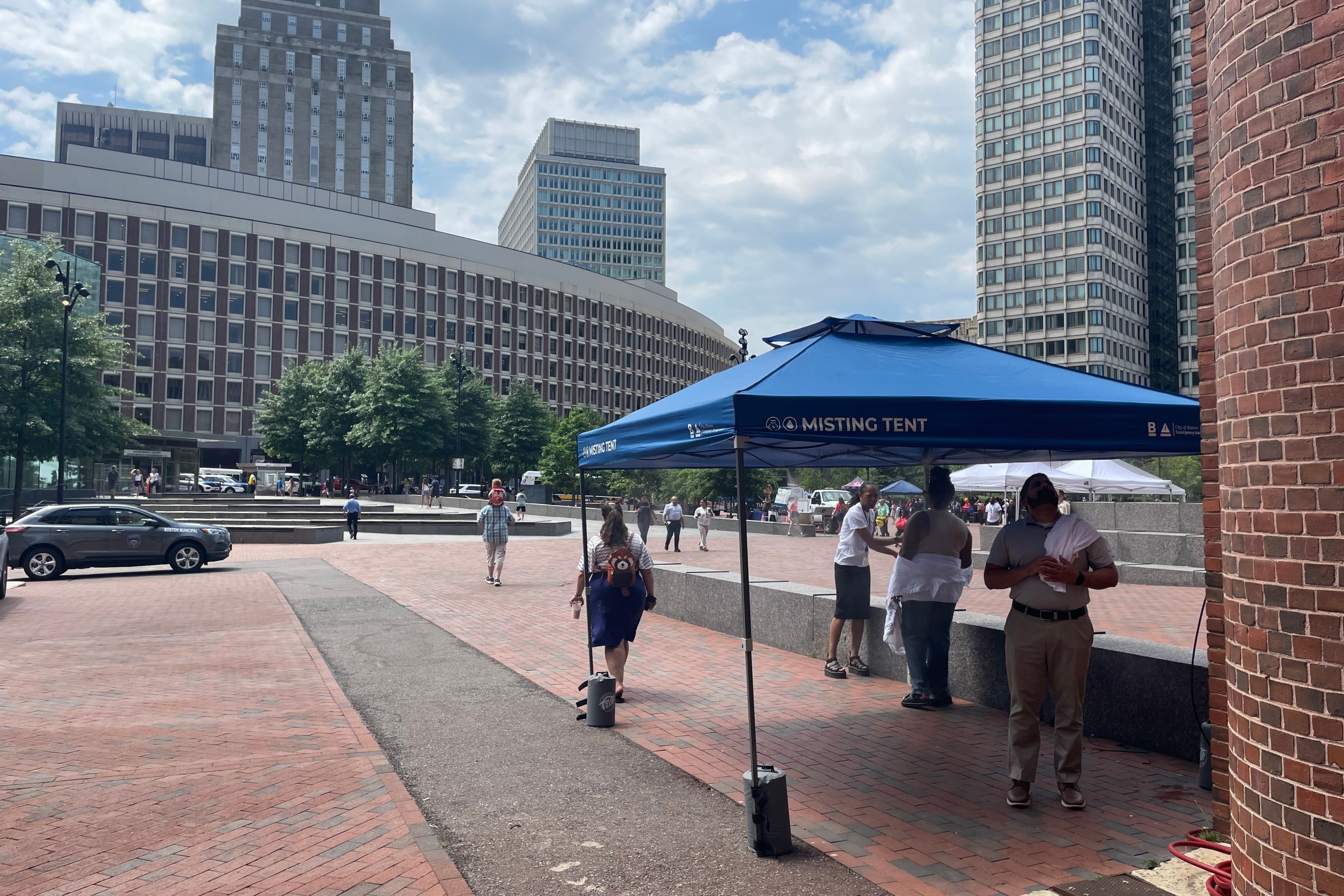MassDOT is undertaking a new long-range transportation plan to guide its transportation policies and project investments through 2050.
"Beyond Mobility, the Massachusetts 2050 Transportation Plan, is a planning process that will result in a blueprint for guiding transportation decision-making and investments in Massachusetts in a way that advances MassDOT’s goals and maximizes the equity and resiliency of the transportation system," according to a new website.
2050 is the same year when, by law, the Commonwealth will need to effectively eliminate greenhouse gas pollution.
To meet that goal, experts in the Baker administration agree that MassDOT, whose roads and highways generate nearly twice as many greenhouse gases and other hazardous air pollutants as all of the state's fossil-fueled power plants combined, will need to make major changes to reduce the amount of traffic on the state's roadways, in addition to electrifying nearly all of the state's motor vehicles.
But in its early outreach materials and surveys for its new long-range plan, MassDOT makes no mention of the linchpin role it needs to take in avoiding the most disastrous effects of climate change over the next 25 years.
Among the planning materials on MassDOT's new website for the Beyond Mobility plan, there are apparently no mentions of Governor Baker's Clean Energy and Climate Plan for 2050.
Where planning materials do mention climate change, it's treated exclusively as a problem that could affect MassDOT's infrastructure with more storm damage, extreme heat, and flooding.
There's no mention of how MassDOT's infrastructure – the state's biggest source of air pollution – will affect the climate.
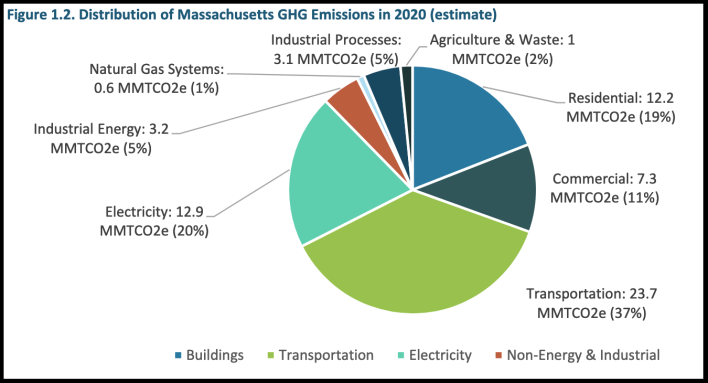
A fact sheet on climate change for the Beyond Mobility plan says that "more frequent, stronger storms and droughts may overwhelm infrastructure," but says nothing about the transportation sector's role in meeting the requirements of the state's climate law.
Similarly, an online survey for the Beyond Mobility plan asks Massachusetts residents to "identify the priorities for future transportation investments" and "determine the most important elements of a seamless transportation system." But in survey questions about priorities for future transportation improvements, "reducing air pollution" isn't a choice among the default options that respondents are asked to rank.
StreetsblogMASS asked MassDOT officials whether the requirements of the state's climate law and the Governor's 2050 climate plan are actually being taken into consideration in the Beyond Mobility plan, or whether it would become more of a focus at some later point in the planning process.
But in their response, MassDOT's press officials only made vague, repetitive allusions to "future trends," and avoided making any commitment to incorporate the state's climate mandates into the the Beyond Mobility plan.
"MassDOT's Beyond Mobility plan will assist state officials in considering risks from a future in which the climate is changing due to a number of factors, including greenhouse gas emissions from the transportation sector," wrote a MassDOT official in an emailed response on Thursday morning (editor's note: the transportation sector is, in fact, the largest factor accelerating climate change in Massachusetts).
"The Beyond Mobility plan will be a document mentioning future trends and which will be used to help the Commonwealth plan investments, taking into account future trends and the impact on transportation systems such as highways and electrification of public transit fleets."
MassDOT will host their first public hearing on the Beyond Mobility plan with an online meeting Thursday evening at 6 pm. Register here.
